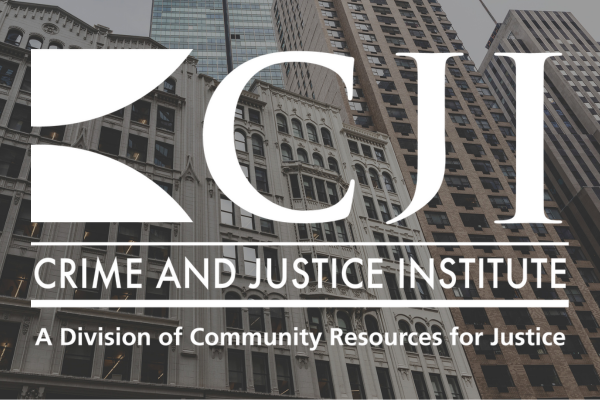
While research on parole and probation is plentiful, studies that focus on the reasons leading to absconding are more scarce, leaving supervision agencies with limited guidance on how to prevent disengagement from supervision. To address this, CJI hosted a webinar introducing findings and recommendations highlighted in our latest report, “Identifying Drivers of Absconding.”
Click this link to access the recorded version of our April 9th webinar: Identifying Drivers of Absconding Webinar
During the webinar, the CJI team facilitated a conversation about the key factors contributing to absconding for individuals on community supervision. Our discussion included opportunities to improve engagement, enhance public safety, and reduce absconding outcomes.
Key takeaways from our research include:
- Absconding and other violation behavior are consistently linked to substance use disorder.
- Excess conditions of supervision not related to individual needs are a significant burden to individuals and may lead to absconding.
- Trusting and transparent relationships between officers and supervisees are critical to sustaining engagement during supervision.
Interested in learning more about CJI’s absconding work?
Read our full report here: Identifying Drivers of Absconding – CJI
Connect with Us: For more information about CJI’s community supervision efforts, or other areas of CJI training and technical assistance please email comms@cjinstitute.org.
Stay Informed: Subscribe to our quarterly newsletter, The Crime & Justice Insider.